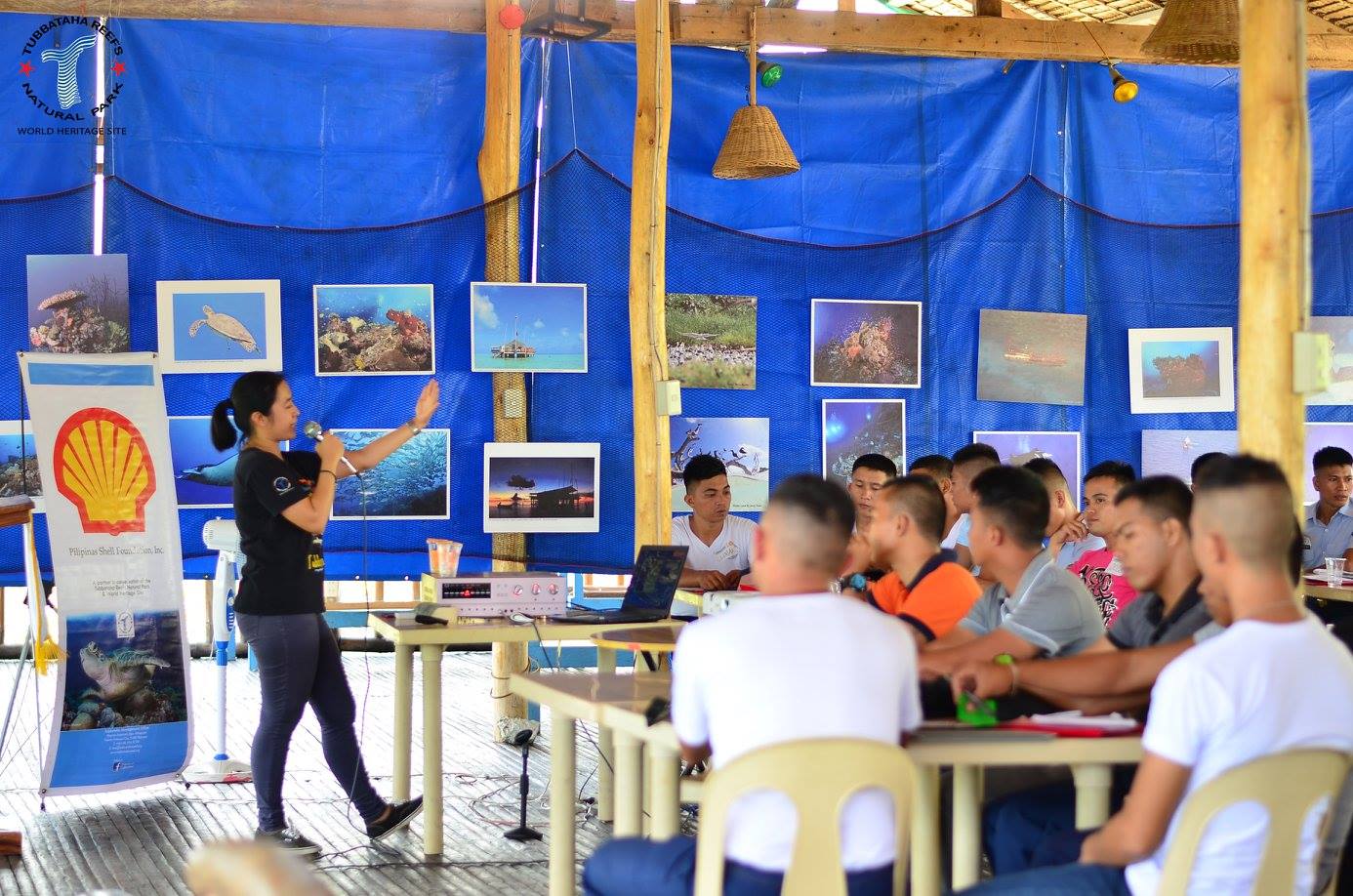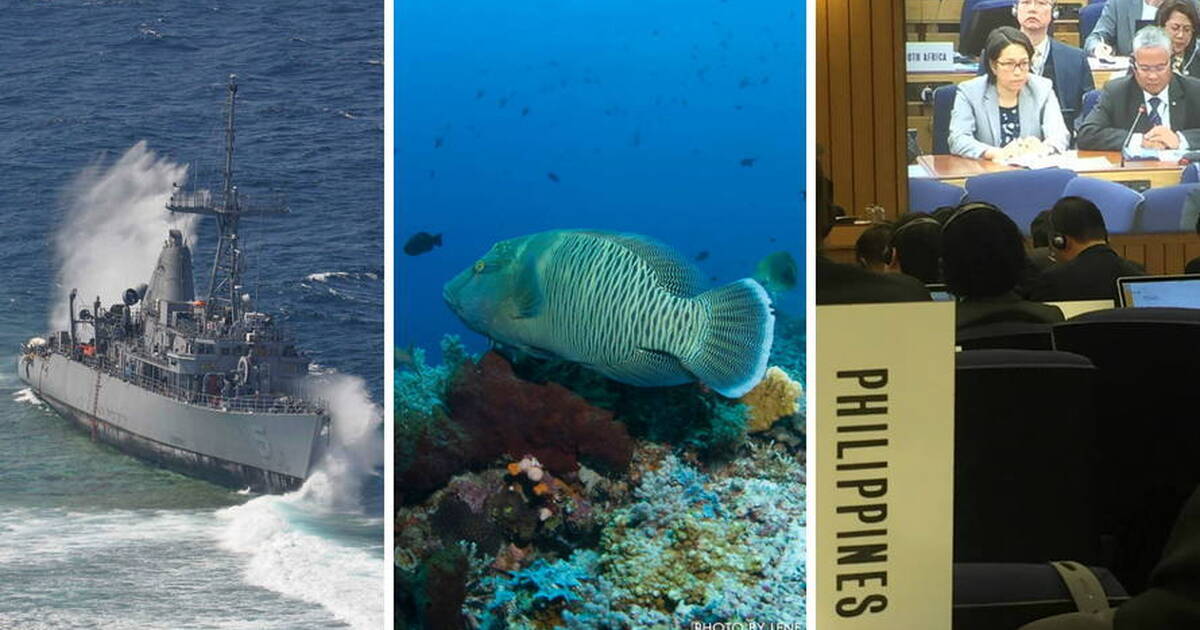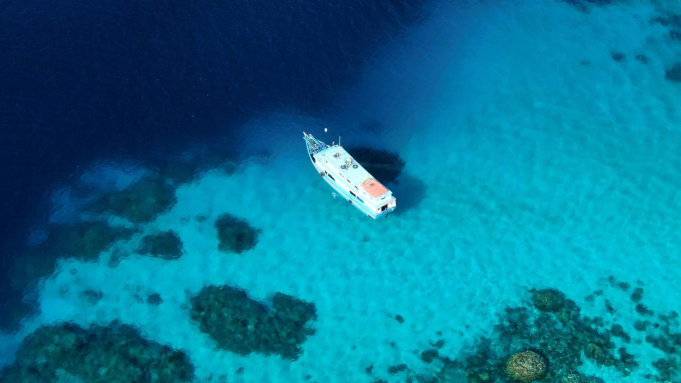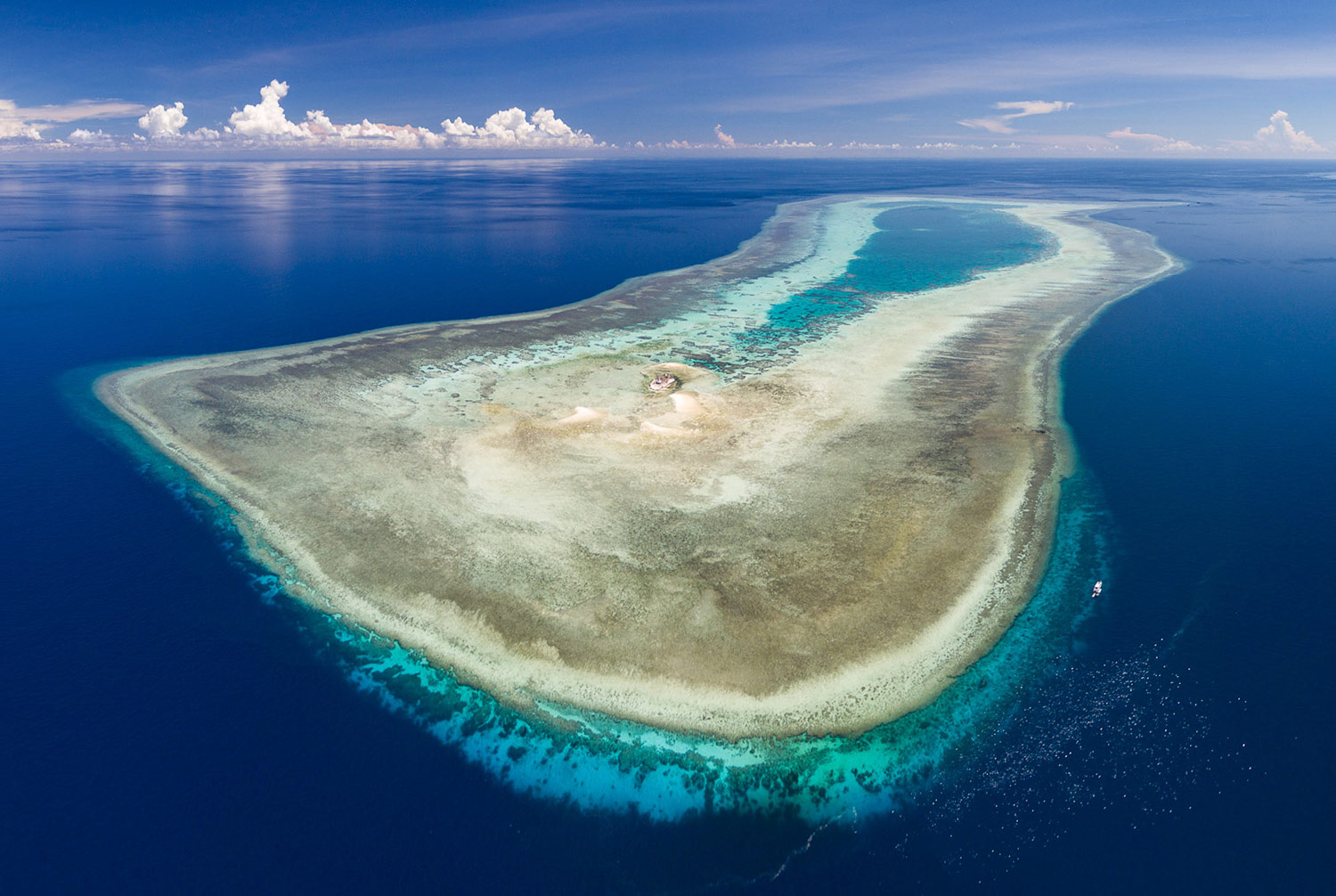Foundation for Metro Pacific Investments. Inc. (MPIF) bolstered its Biodiversity and Habitat Protection, Research, Monitoring, and Restoration program by providing the necessary funding to mobilize ecosystem research, monitoring, and enforcement within the context of its commitment to support the conservation of the Tubbataha Reefs Natural Park and World Heritage Site (TRNP).

Two or three of the six yearly relief visits for marine park rangers, along with their accompanying subsistence stipend, have been sponsored by MPIF from January to September 2022. The Tubbataha Management Office (TMO) has been permitted to pursue its endeavors for beach forest replanting, water quality monitoring, and equipment and supply procurement because to MPIF’s financial support.
“MPIF’s devotion to Tubbataha acknowledges that strengthening its marine conservation involves assisting the stewards who work in service of the environment,” MPIF President Melody del Rosario emphasized. “All stakeholders should work together to protect the Philippines’ crown jewel, which will benefit the general public.”
By assessing ecosystem health, producing reliable scientific data, serving as a foundation for developing proactive strategies, assessing biophysical parameters to evaluate administration effectiveness, and guaranteeing the Park’s integrity and safety, this partnership between MPIF and TMO aims to improve preservation and safeguarding of Tubbataha.
WITH RESPECT TO REGULATORY AND ECOSYSTEM ASSESSMENT
The Ramsar Convention, also referred to as “The Convention on Wetlands,” is an international environmental convention that was formed in 1971 by UNESCO. It designated TRNP as a Ramsar site, a wetland site of international importance. The Convention establishes the guidelines for the prudent management of wetlands and their resources.

Understanding the significance this area is for biodiversity, adherence is one of the most significant variables in restoring and protecting the TRNP. The MPIF paid the subsistence expenses for 51 marine conservationists who were stationed in the park from January to December in addition to paying the three relief visits that were made last April 11, June 8, and December.
In addition to adhering to the law, their duties included keeping an eye on the giant clam population, deploying and testing the hydrophone, checking the status of seabird nesting structures, conducting monthly distance and quarterly direct seabird counts, conducting surface and coastal clean-ups, maintaining South Islet’s equipment and lighthouse, repairing and maintaining the ranger station, and monitoring the reefs for bleaching and infestations of crown-of-thorns starfish.
To complete their ecological research and monitoring endeavors, beach reforestation projects and water quality monitoring were carried out. Water samples and situated water parameters were gathered with the help of the Palawan Council for Sustainable Development (PCSD) employees from the 20 monitoring stations on the reef, inside the lagoon, and in the park’s buffer zone.
Temperature, dissolved oxygen, pH, total dissolved solids, conductivity, and salinity were among the factors measured. The PCSD Environmental Laboratory acquired water samples for analysis.
TMO teamed up with citizens of Cagayancillo to propagate beach forest trees for planting in Tubbataha during the season because the saplings planted in Bird Islet in 2021 did not thrive due to a lack of fresh water, excessive pressure from seabirds, and an excessive amount of sea spray due to rough seas. The costs of the saplings’ germination, transit, and planting were subsidized by MPIF.
“Our collaboration with the MPIF has rendered sure that we continue to value Tubbataha as a key location for the marine biodiversity of the Philippines. “We look forward to pursuing equally significant efforts for the coming years,” said Tubbataha Reefs Natural Park Protected Area Superintendent Angelique Songco. “The earliest stages of our collaboration have already produced beneficial initiatives.
Marine park guards had to be relocated to safety by the Western Command during the Christmas season due to the 23-year-old ranger station being pounded by enormous waves and storms. This year, MPIF pledged to contribute an additional P1M toward the costly repairs needed at the severely damaged Tubbataha Ranger Station.
The ranger quarters, a research station, and a helipad will all be part of the new ranger station complex.

Shore It Up!’s dedication to Tubbataha Reefs Natural Park is consistent with Gabay Kalikasan, one of the Gabay Advocacies for a Sustainable Philippines from the MVP Group. Additionally, it is consistent with MPIC’s initiatives to support SDGs 14 – Life Below Water, SDG 15 – Life on Land, and SDG 17 – Partnerships for the Goals, among other Sustainable Development Goals (SDG).
Through the provision of necessary services and the mobilization of advocacy efforts that raise the standard of living for all Filipinos, this cooperation strengthens MPIF’s position alongside MPIC as the largest catalyst for a Sustainable Philippines.

The Palawan Council for Sustainable Development Staff (PCSDS) and the technical staff of the Tubbataha Management Office (TMO) recently finished an online refresher course on how to properly collect, manage, and conserve water samples.
The Environment Critical Areas Network (ECAN) Monitoring and Evaluation Division (MED) of the PCSDS carried out the activity on April 13. In order to monitor the health of aquatic ecosystems in the natural park and World Heritage Site, look into the causes of pollution or contamination, and adhere to regulatory requirements, the refresher course aims to teach the TMO technical staff the proper methods for collecting, analyzing, and storing water samples.
The PCSD Environmental Laboratory will subsequently get the collected data for additional investigation and evaluation.
Every three months, the PCSDS EMED conducts a water assessment and evaluation to analyze the state and trends of the ecosystem in Palawan.






